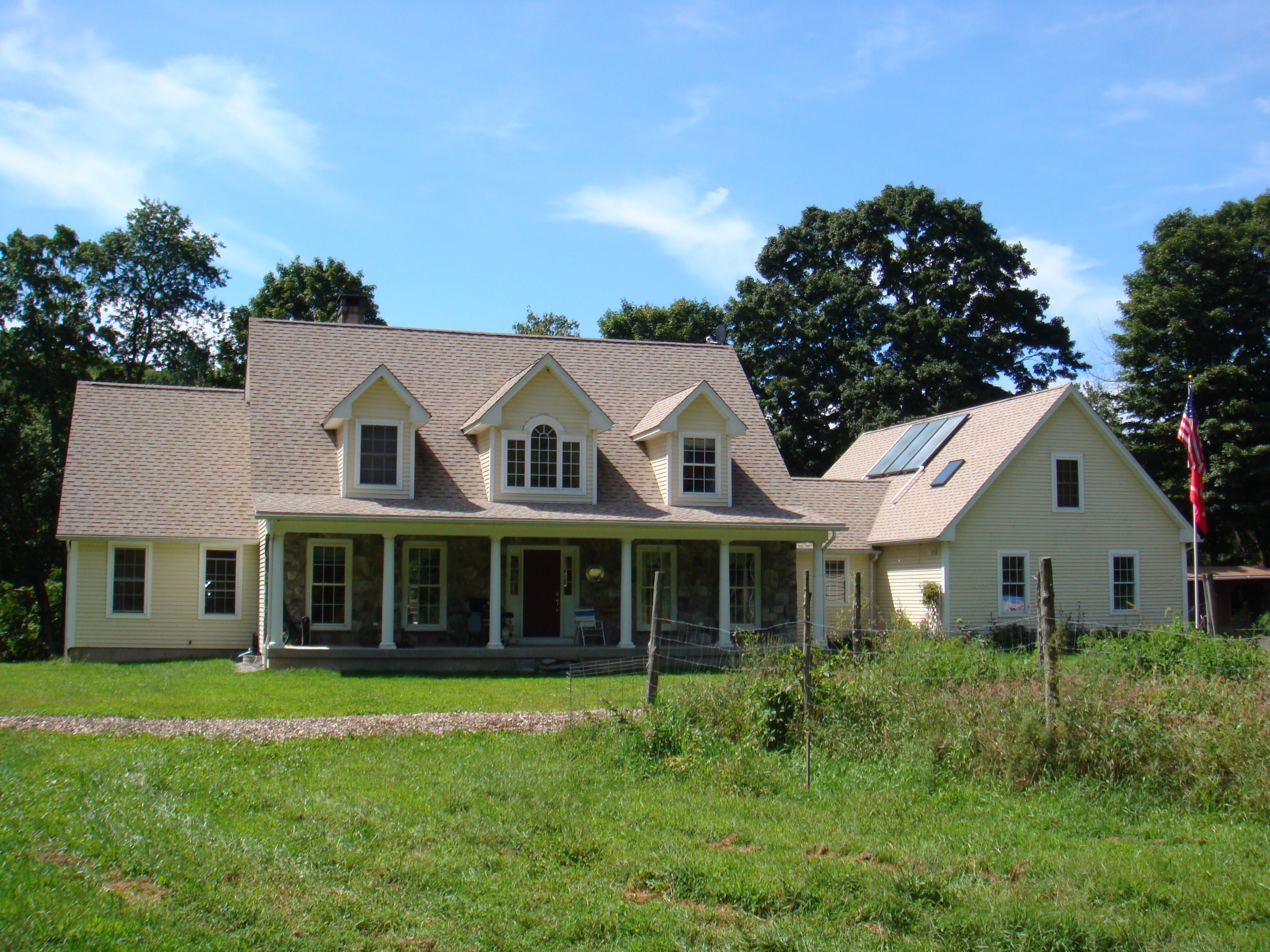Solar Hot Water
Both a state rebate and federal tax credit are currently available to help offset solar hot water system costs!
 A solar domestic hot water system acts as a cost-effective pre-heater for your existing hot water system.
A solar domestic hot water system acts as a cost-effective pre-heater for your existing hot water system.
Aegis installs solar hot water drain back systems, systems that use flat plate collectors in a closed loop. Throughout our 20 years installing and maintaining systems, we’ve found these to be the most efficient option available in the Northeast, and they require the least amount of service. In fact, many of the systems installed in the 1980s are still operating today with their original parts!
Drain back solar hot water systems have controls in place to keep them functioning properly at all times. Whenever the pump shuts off, the antifreeze drains into a reservoir. This prevents overheating that can occur due to boiling antifreeze.
Frequently Asked Questions
How much will I save using solar hot water?Approximately 30% of your fuel bill goes to heat water. A solar hot water system generally saves between 50-80% of that amount.
What type of system do you install?We install solar hot water drain back systems. These systems use flat plate collectors in a closed loop system. Over many, many years, these have proven to be the most efficient and trouble-free systems available for use in the Northeast.
How much space do I need on my roof?Panels are approximately 4’ wide x 8’ long. Most installations consist of 2, 3 or 4 panels.
Do I need a new roof before the solar panels are installed?Because your solar system is designed for long life, your roof should be in good condition, with at least 10 years of its useful life left.
Do the panels have to face south?Panels facing south will be most efficient, but east or west will also work. An extra panel can be added to make up for reduced efficiency.
How long will the system last?Although the panels have a 10-year warranty, a solar domestic hot water system will generally last 30 or more years.
How much does it cost?This depends on several factors. Your hot water usage, house orientation and available roof space or ground space and your budget will all factor into the determination of what size system would best suit your needs. Additionally, there are state incentives and federal tax credits available that will greatly reduce the cost of the system. Contact us to discuss your options.

